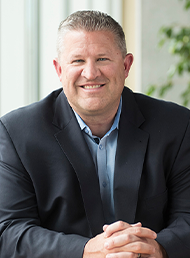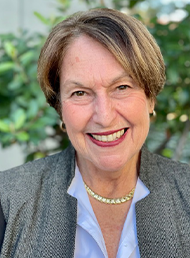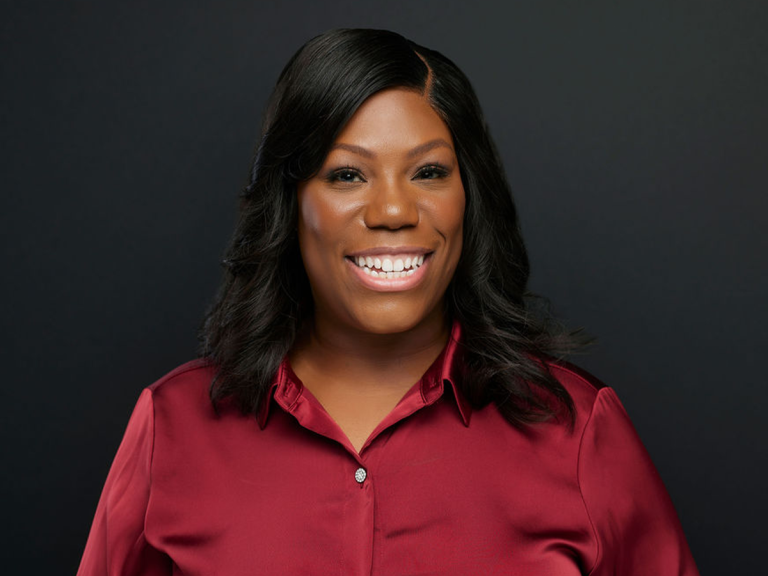Extensive claims data is signalling increasing instances of cancer diagnosis and a rising cost per claim, while captive strategies give employers more options to intervene and respond.
Speaking on the latest episode of the Global Captive Podcast Dr Leena Johns, chief health & wellness officer at MAXIS Global Benefits Network, outlined some of the early findings from their analysis.
The research looked at medical claims data from 43 countries spanning eight years. MAXIS provides data across 130 multinational companies covering more than 1.3 million lives.
“If we use Covid-19 as a pivotal reference point, cancer was ranked sixth in overall claims spent in the period just prior to Covid, but since then, its ranking has steadily gone up, moving to fourth place in 2022 and reaching third place last year, which is 2023,” Dr Johns said.
“And that’s ahead of conditions like respiratory system diseases, which is very unusual. Respiratory system diseases are so commonplace that to topple that off is significant.
“Only musculoskeletal conditions and digestive system diseases have higher paid amounts in our data than neoplasms. And we have never seen cancer placed so high up in overall spend.
“Additionally, we have noted a significant change in the age at which cancer is first diagnosed. The average age we are seeing in our data for cancer claimants in 2023 was 39 years.”
Subscribe to the Captive Intelligence newsletter to receive our FREE twice weekly updates with links to news, analysis and podcasts.
While increasing instances of diagnosis is contributing to the overall claims costs, new treatments are also increasing the cost per claim.
Nicola Fordham, chief solutions officer at MAXIS, explained that as this data becomes available it should help employers to price their programmes appropriately, particularly if they start seeing more expensive claims coming through.
This information should also help employers consider whether to introduce new wellness initiatives and preventive measures.
“Leena will tell you that getting ahead of these cancer treatments, finding them earlier, screening them earlier is better,” Fordham said.
“So there’s more opportunity for a captive to do things that are preventative now that will then help to limit some of those costs in the future.
“But then also thinking how this comes into their global employee benefits strategy. As I said earlier, people are thinking more about their minimum global standards being equitable with their benefits.
“Have they got sufficient life insurance for their employees?’ Have they got sufficient disability cover, critical illness cover?
“Maybe they want to think more about those kinds of benefits that are going to help people who need to be off sick in a medium-term because now cancer is more prevalent and more likely for them.”
In the podcast, Dr Johns and Fordham go onto discuss the evolving cancer treatments that are available, how this is impacting claim costs and the different ways an international employee benefits programme, reinsured by a captive, can provide greater options to employers.
Listen to the full Global Captive Podcast episode here, or on any podcast platform. Just search for ‘Global Captive Podcast’.
















